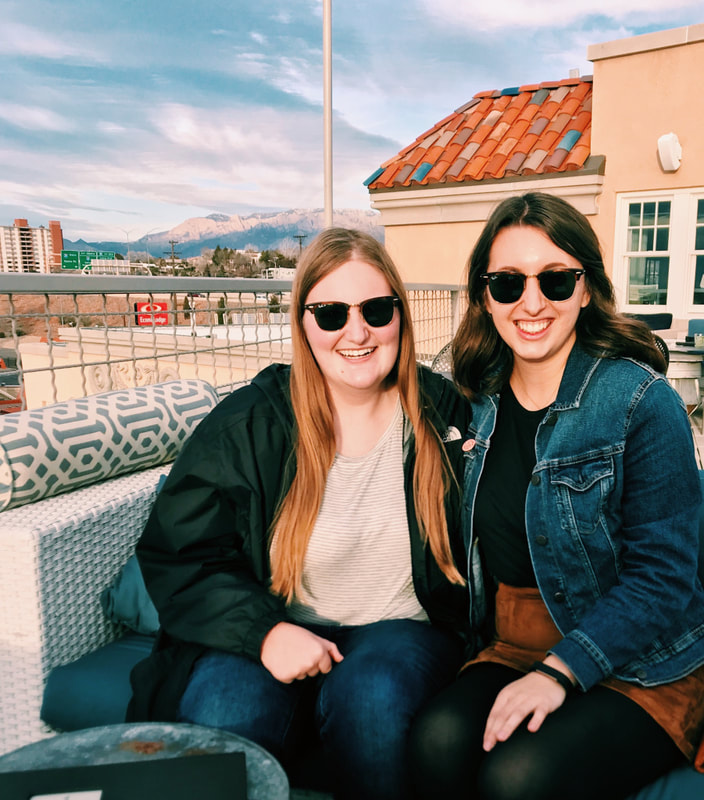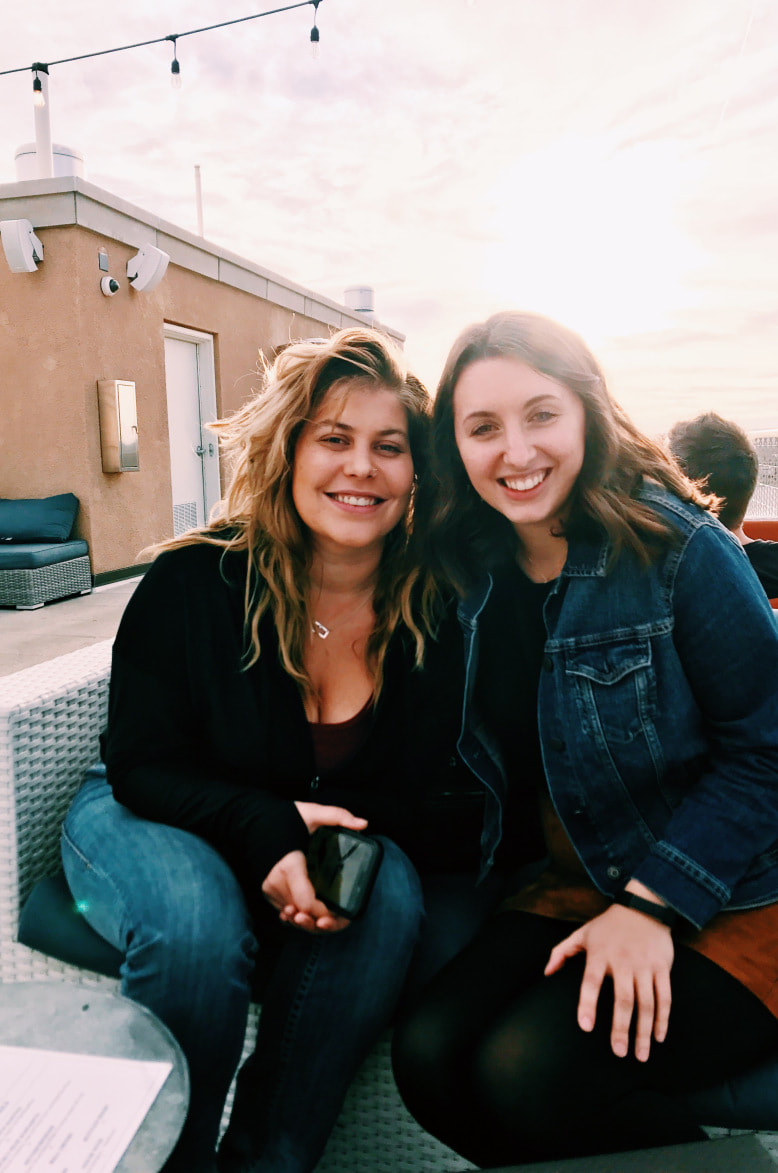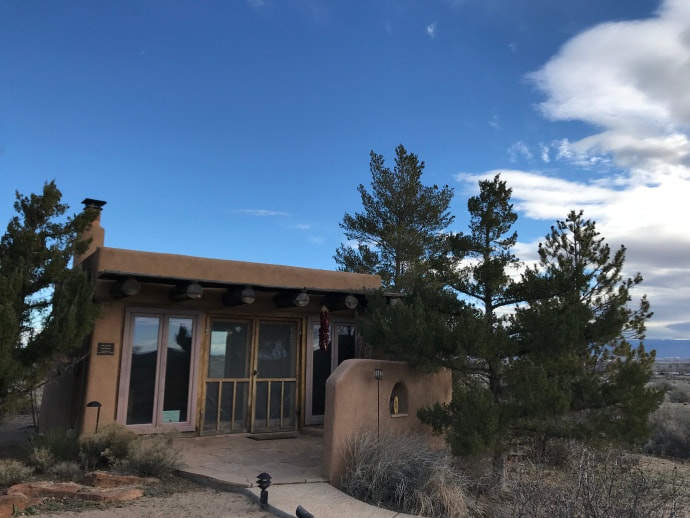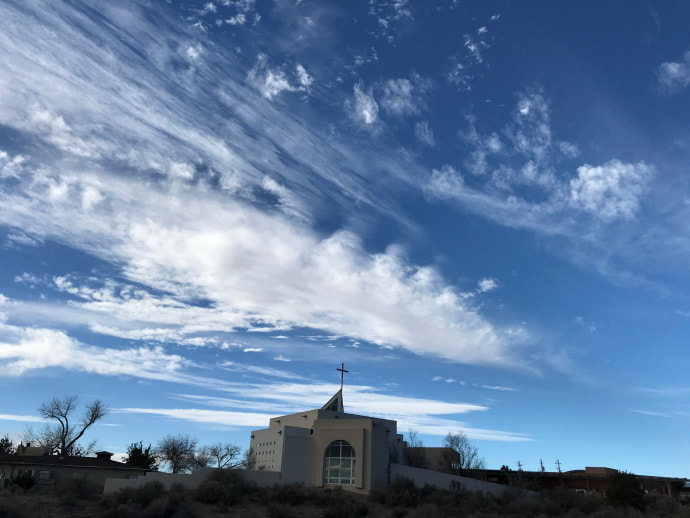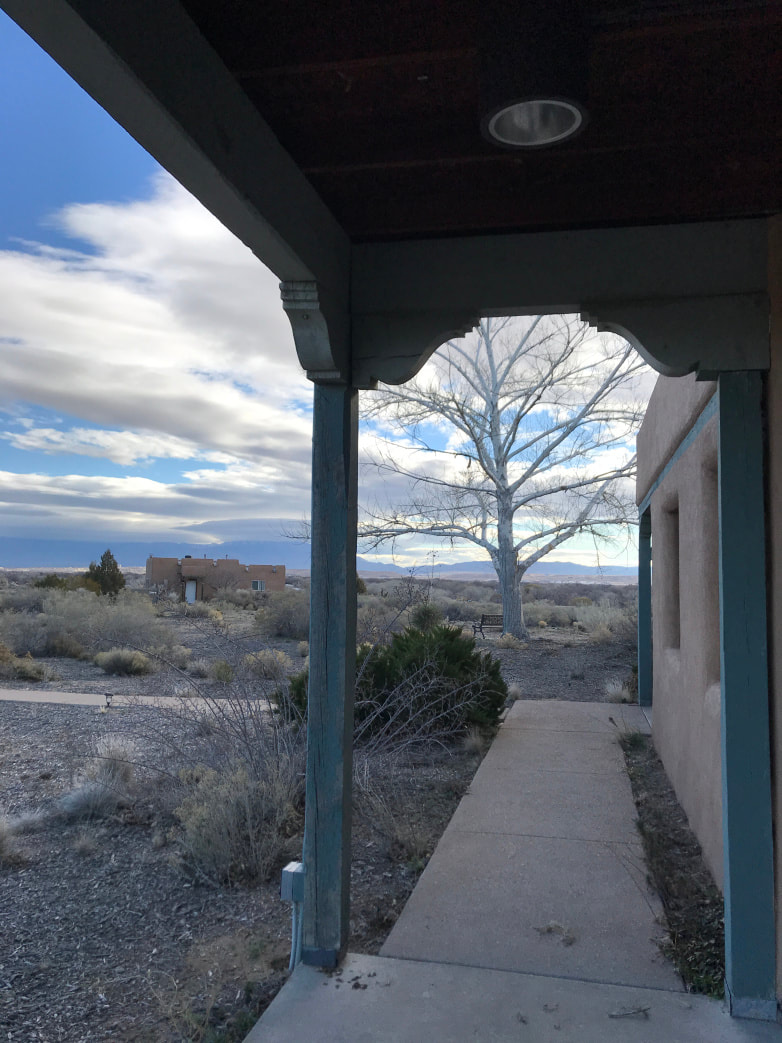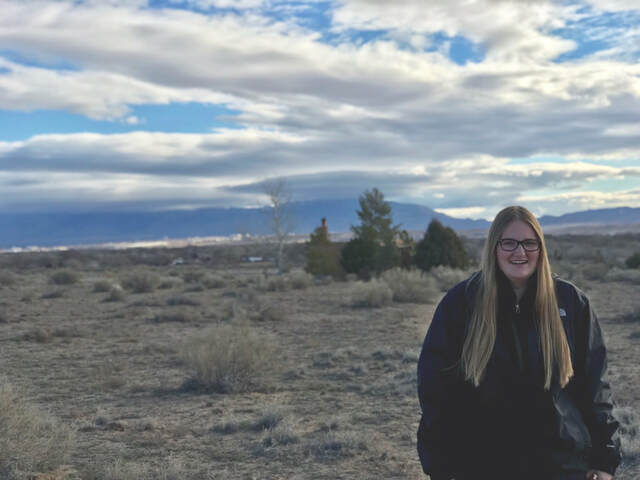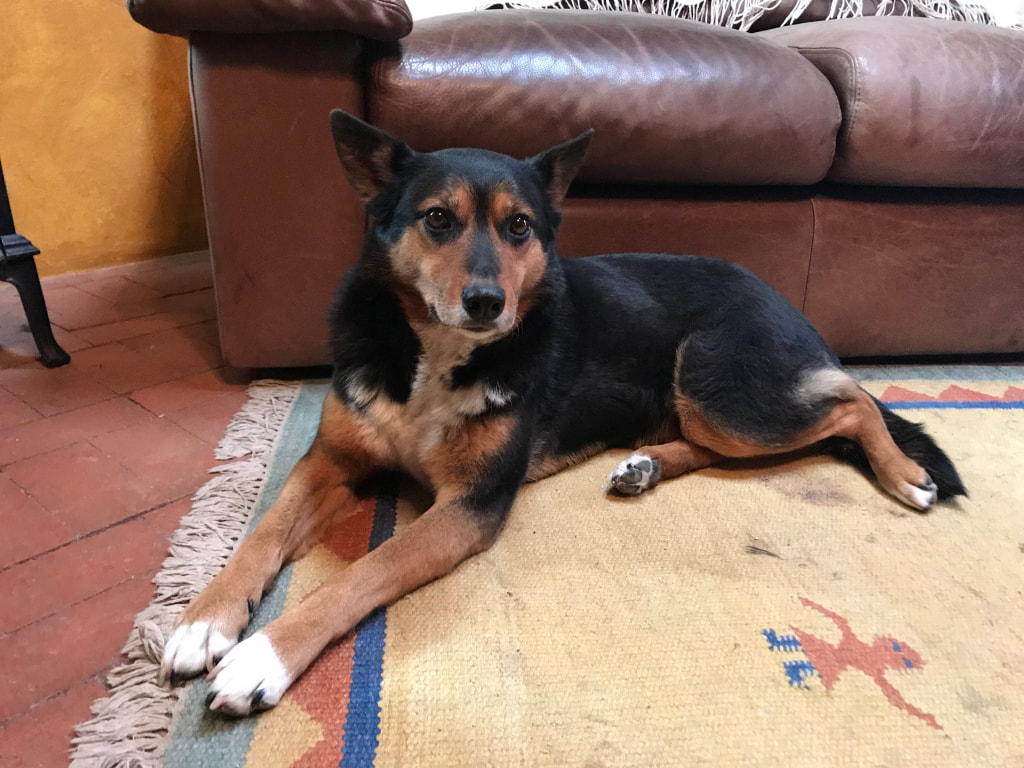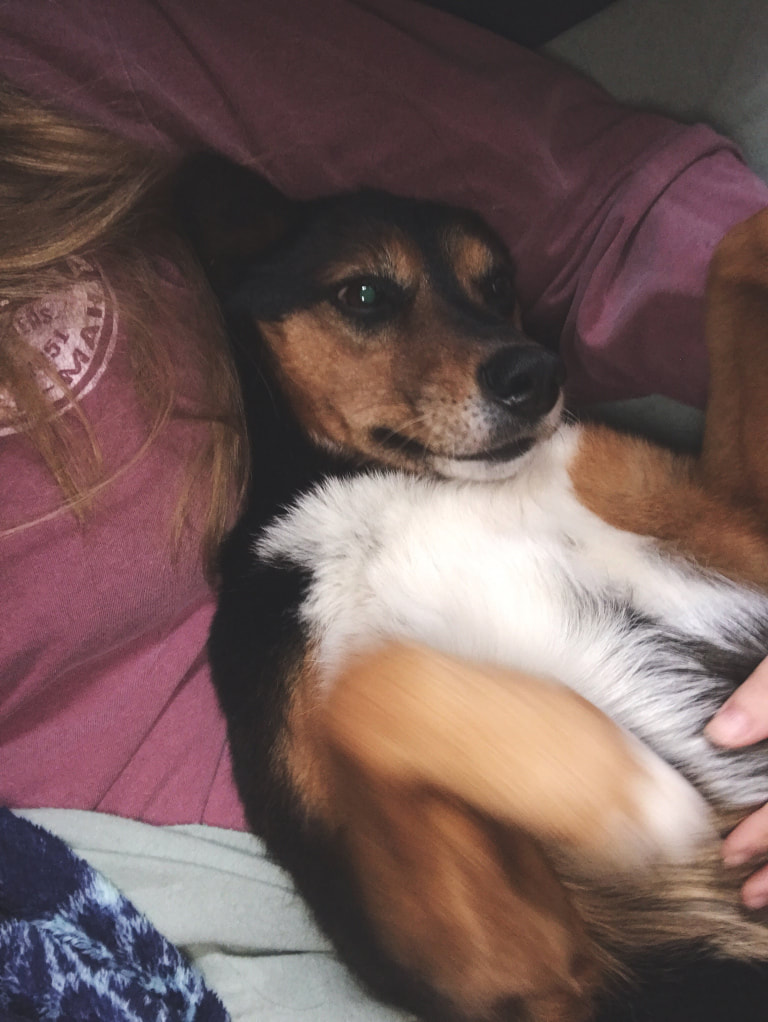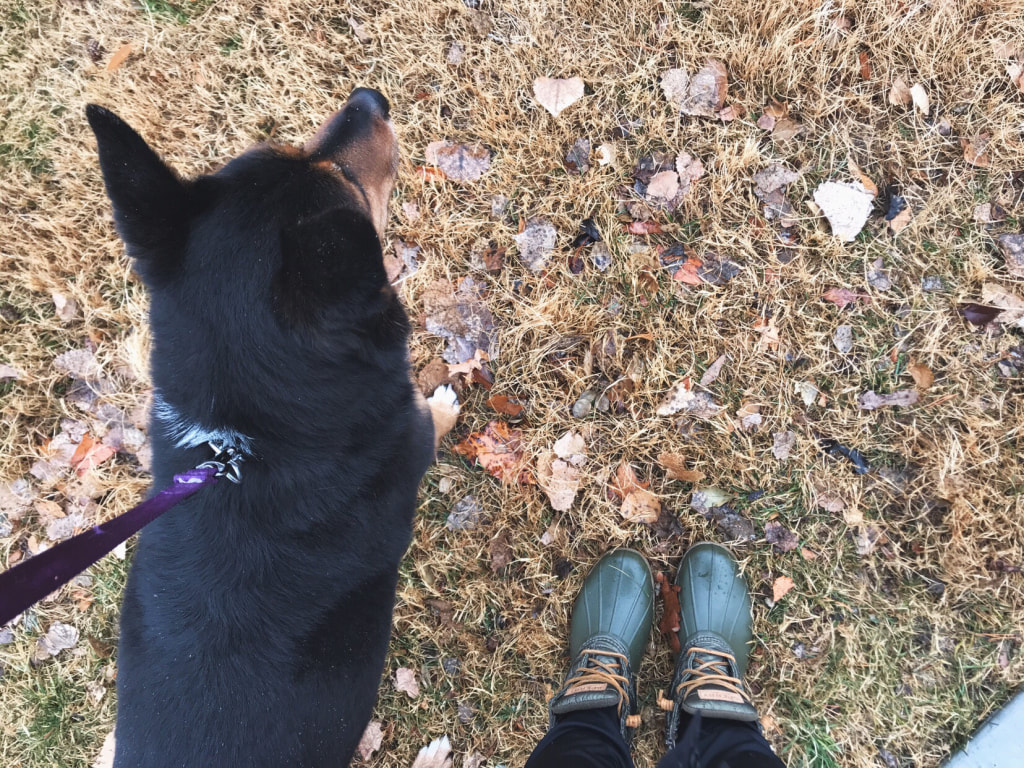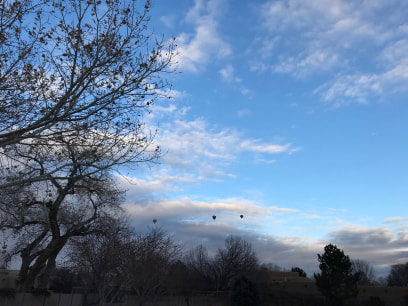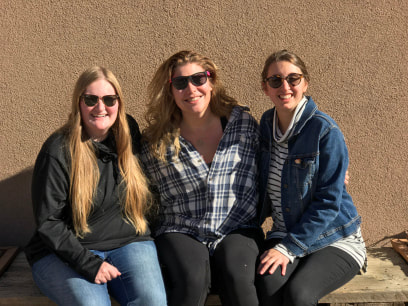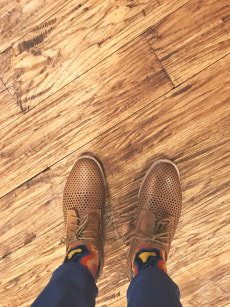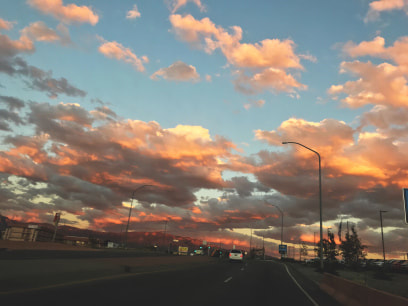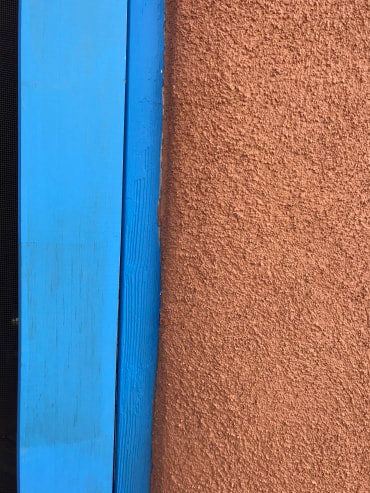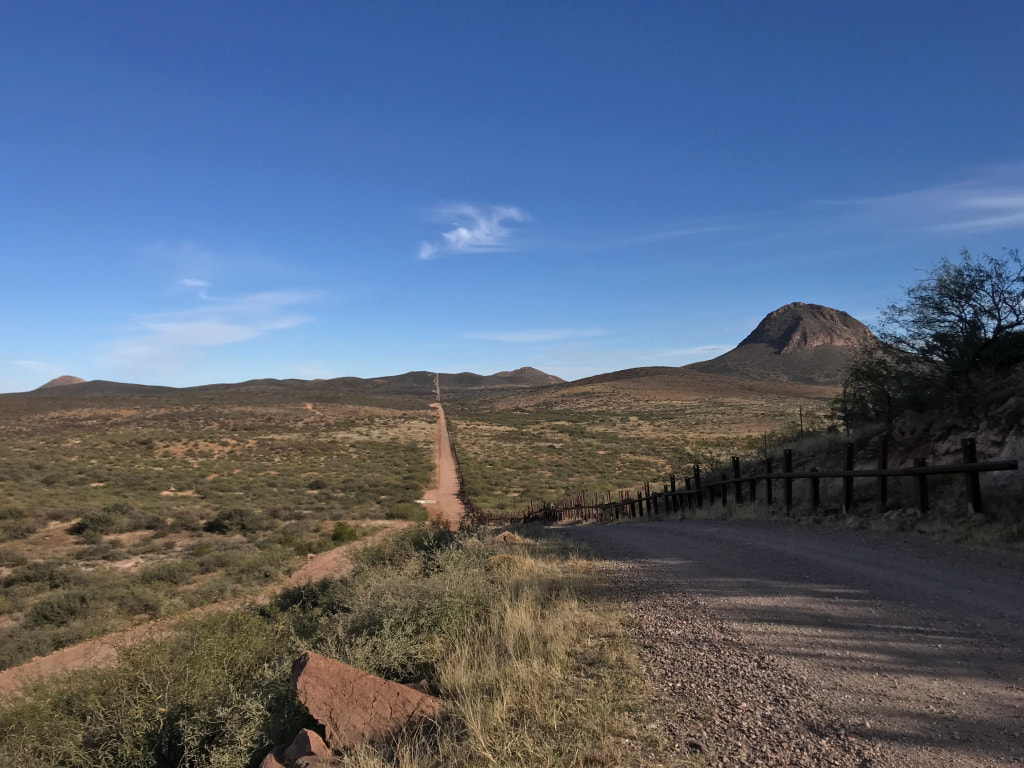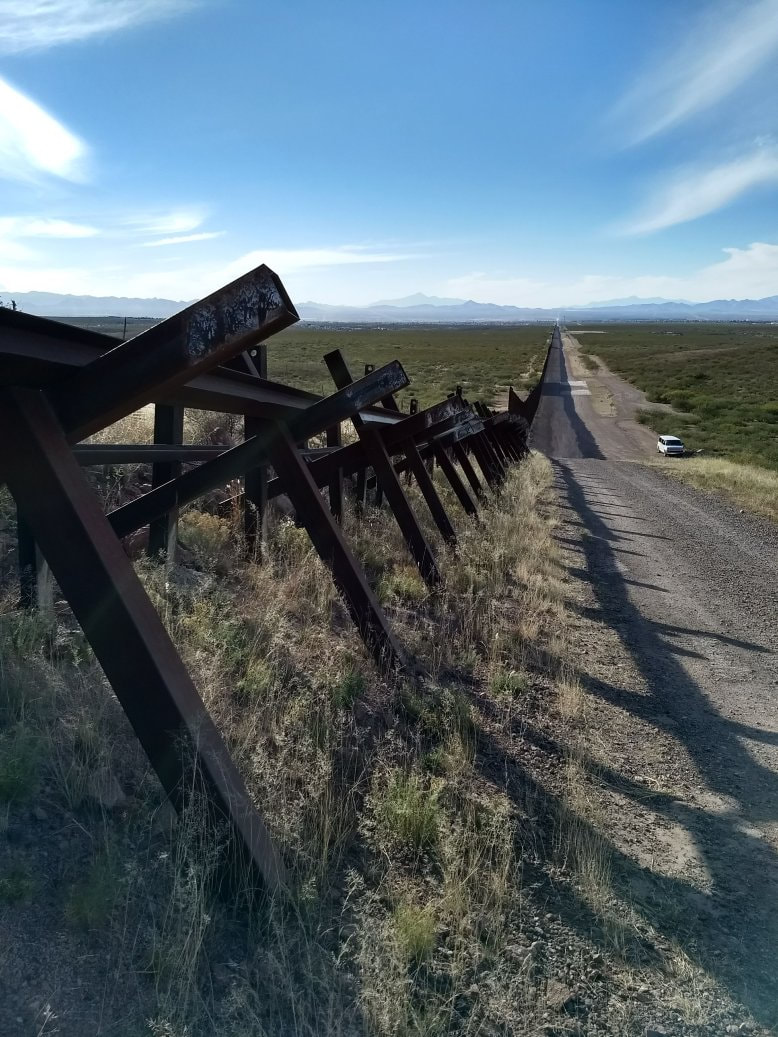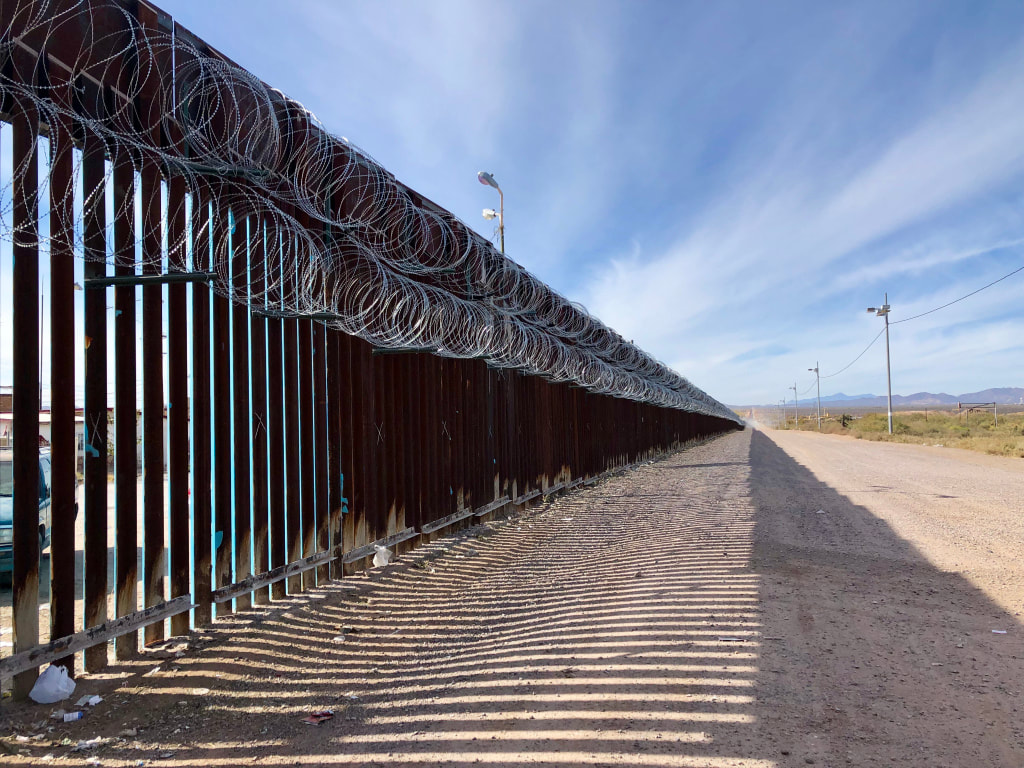|
As I enter into the last 1/3 of my year, I’ve put together a few pieces of advice for future YAVs – but I think they also double as life lessons I’ve learned over the past 7 months. EXPECT THE UNEXPECTED. There’s no such thing as a normative YAV year. Let me say that again – there’s no such thing as a normative YAV year! After knowing several fabulous women who have completed their own YAV experiences, I could not help but enter into my YAV year with grand expectations, and I don’t think I’m the only one that does this. Afterall, there’s a reason we feel called to do this program. We all have our own reasons, intentions, and goals for the year and these things tend to lead to having a certain level of expectations, whether we acknowledge it or not. However, in my experience, nothing’s turned out how I imagined – not my work placement, not our community life, not our intergenerational housing situation. These things have been challenging and difficult, even disappointing at times, but the unexpected has also been delightfully surprising and beautiful. INTENTIONAL COMMUNITY DOES NOT MEAN YOU’LL NEVER BE LONELY……but it does mean you’ll have people to support you when you are. We arrived in Albuquerque seven months ago as independent individuals and as different as can be. I think we all thought to ourselves, what the heck are we going to do this year? But over the past few months, humanity has taken over and bound us together through the good and the bad. Today, I’m unbelievably grateful for this community, the strong women I get to see every day, and the ways in which we love and support each other. We aren’t a perfect intentional community, and often, we tease and annoy each other like siblings – but we always extend grace to ourselves and others and manage to make it through. There’s certainly times I miss my family and friends back home and the feeling of being truly known, but the beauty of intentional community is that we are all in this together. Each day, we chose to be here with each other, and we continue to learn how to be supportive and show up for our community members in the ways that they need. We can have honest and sometimes difficult conversations with each other and remain a loved and valued member of the community. We are going through real life together and that means we have good days and bad and that we are experiencing real emotions. BE PATIENT. THE CHANGE AND GROWTH WILL COME. I spent the first few months of my YAV year searching for that personal growth and change that everyone promises you will have. I was frustrated when my year wasn’t like all the alumni had promised at YAV orientation. We weren’t fighting over the dishes. I wasn’t making lasting connections with my students, who couldn’t even remember my name for the first few months, and we had way too much going on in our community life to even take a crack at discussing the many systemic problems in our world. How was I supposed to accomplish all my goals for the year and grow in the ways I wanted to when things weren’t going as planned? I knew YAV was intentionally designed to be challenging and that we were supposed to embrace the uncomfortable, but for some reason, I thought our challenges were supposed to look like everyone else’s. I’m learning to let go and be patient. Life happens at the speed it’s supposed to. I didn’t always think that this was going to be a transformational year for me, but it is – just not in the ways I thought. When I envisioned my YAV year, I always imagined participating in protests, serving food to the hungry, and becoming really good at reading the bible every day. While I’ve done all of these things (okay, I’m still not great at reading the bible), these aren’t the things that I’m going to remember from my YAV year. Instead, the moments that surprisingly stick out the most when I reflect on the last few months are the everyday, mundane things that demonstrate how far we’ve come. From conversations we’ve had walking around the track in the evenings to the people we’ve met and formed relationships with, I’ve learned that growth and real change happen when you least expect it. To read more from Julie, click here.
1 Comment
We as ABQ YAVs spent this past weekend on a silent retreat at the beautiful Norbertine Community here in Albuquerque. The Saturday of silence started with morning prayer at the Santa Maria de la Vid Abbey, followed by 10 hours of silence, and then evening prayer once again at the Abbey. There was quite a bit of build up and anticipation for this silent retreat because being left alone with your own thoughts for 10 hours seems a little scary but I was looking forward to the experience. The silence provided a nice opportunity to turn my phone off and to choose to be present and aware of God while knowing the rest of the world continued to live their lives as just another day and that everything would be okay. The idea of engaging in complete silence, thinking of nothing and just being is not new to me. Unfortunately, I am often forced to use the meditative and biofeedback practices of focusing on nothing, blocking out the world (especially pain), and focusing inward when I get migraines. For those of you who aren’t familiar with biofeedback, it is a technique used to learn to control some of your body’s functions such as heart rate by monitoring yourself by using electrical sensors. Biofeedback was presented to me as a way to manage pain by focusing on my whole well-being meaning body, mind, and spirit and has been highly useful to me not just to control pain but to relax. When I experience migraines and have taken my medication the only thing I can do is just sit and be in silence. I can concentrate to relax one muscle at a time, use internal imagery in order slow my breathing and open blood vessels to increase blood flow in my body and get rid of the bright aura colors I often see. Biofeedback and meditation are two practices I quickly learned and put into practice when I was 14 and have since perfected due to necessity but I always like to have the opportunity to them into practice for enjoyment as well. Taking intentional time to just be with nothing to do and nowhere to go in what otherwise is a relatively busy and scheduled life provided a nice peaceful space for deep relaxation. I didn’t bring any activities to do except for two books to read. We had nice weather this weekend so I time enjoying the meditative walking path as well as just sitting outside. I liked embracing the silence. I am not going to pretend this retreat was some life-changing experience for me or that I think continuous hours of silence will reveal some deep insights for you. The silence was nice, peaceful, calming, centering and relaxing. Being in silence isn’t something you need to go on a retreat to do but being in our intentional community before and after the silence added to the experience. Simple silent breathing techniques and meditative practices are things I like to include in my day to day life at work and before I go to sleep as a way of remaining grounded, centered and calm. For Lent, I will be taking on an increase in the amount of time I set aside for meditation each day. I would encourage you to try to increase your relaxation and meditation time in an effort to know that you are loved by just being. To read more from Kim, click here.
Change …it’s inevitable. It’s always gong to happen and come around. The question is do you want to be a part of the change that will inevitably come for the better or for the worse? I think most privileged people are always saying change is hard, it’s too hard why not just keep everything as it is? No, what's actually hard about change is realizing the injustice that has integrated itself into our society to where we now think it’s the normal. Changing our perspective on how we function as a person, a community, a society, social group classes or on the grander scale a nation as a whole.
This weekend as ABQ YAVS we were blessed enough to be able to attend the 23rd Annual Dr. Martin Luther King, Jr community commemorative breakfast. At this breakfast we got to hear from some amazing speakers, the Honorable Tom Udall Senator of New Mexico, Mrs. Elizabeth Kristen-Keller First Lady of the city of Albuquerque, Reverend Dr. D Charles Wharry, presiding elder Arizona New Mexico district, Reverend Donna Marie Davis pastor Grant Chapel AME Church, Reverend Michelle Sumbry Albuquerque New Mexico and Bishop Vashti Murphy McKenzie, Presiding Prelate 10th Episcopal District of the African Methodist Episcopal Church. These men and women stood before hundreds of people and talked about injustice, change and most importantly faith and having the courage to stand up against oppressors to enact social change and to always remember that it’s up to us to keep Dr. Martin Luther King, Jr’s dream alive. To not have violence against violence but to have kindness be the weapon of our choosing, to using all of our voices as a whole over the use of our fists or firearms to be heard. We will never be able to control people’s opinions but we can show them how to change them if that is their wish, through selflessness, standing up for what is right, even if it makes you uncomfortable(especially if it makes you uncomfortable). Change happens all the time changing houses, jobs, friends, lifestyle, etc…what should never ever change is being kind to one another. Respecting someone as a human being standing up for the unjust, for the ones who are meek, the ones who get passed over without a second thought, the ones who voices get taken away just because they’re different or weren’t born here or because one(or more) group(s) think that they’re superior because of who their parents are or what school they attended or whatever their mindset may be. I personally forget some of this. I get too caught up in my own trials that I forget to use my voice, my power, my vocation to assist. Am I going to be the person to change the whole world? Probably not. Am I going to be the person who strives everyday to assist and stand up for whats right no matter how “uncomfortable” it makes me? Absolutely!!! Knowing your strength is crucial, knowing that yeah I may just be one person but I do have the power of change for the better. Just accepting thing because that’s the way they’ve always been has come to an end. This is a battle of unjust that has been going on for centuries, it’s time to quit being scared to stand up for what you know is right. it time for change. Change….it's inevitable…know where you stand. Click here to read more from Lauren. I typically find myself to be a joyful and enthusiastic person, however, lately, I have been struggling to remain joyful. To maintain a positive outlook in my life as an ABQ YAV I have found myself redefining joy to focus more on the little things in my life. Finding joy in the little things helps me to not become overwhelmed by negative people or situations. I recently found a lot of joy going on long walks and cuddling with Mica (an adorable dog we were watching). I find joy in daily conversations with kind, passionate, and dedicated people I have the privilege of working with. I find joy when I am able to joke around in Spanish with some of the residents at the shelters. Some days I find so much joy and fulfillment in doing my job I forget to set aside time for self-compassion and rest and I am working on that. My intentional YAV community brings me quite a bit of joy when we spend time together and I find joy in listening to what is going on in their lives and at their work placements. I have been finding joy in setting aside time to read and setting aside time to just sit, slow down and be. I find joy wearing wild socks. I also find joy when I see hot air balloons in the sky on my way to work and when I see beautiful sunsets on my way home. Some days joy is evasive, and I find it in seeing some bright colors incorporated into the southwest adobe architecture around me. On days when finding joy seems impossible, I am lucky to have people who I know can easily help me add a little joy to my day. Focusing on finding joy in ordinary moments has helped me relax because I am no longer worried about chasing extraordinary moments and I am finding it easier to be fully present in every moment. Being able to find joy in ordinary moments has become important to me so how do you define joy and where do you find it?
To read more from Kim's blog, click here. I recently spent time crossing between the border towns of Douglas, Arizona, U.S.A. and Agua Prieta, Sonora, Mexico with a group of 11 other YAVs, our site coordinators, and leaders of an organization called Frontera de Cristo. During this week, we were continuously welcomed into homes, resource centers, bible studies, and churches as we struggled to learn what life is like for those on the other side of the border. All throughout this week, we carried with us the privilege that will forever keep us from fully understanding – the privilege of being able to cross smoothly through the port of entry over and over and over again – the privilege of being U.S. citizens. Now, I invite you to struggle with me, as I try to figure out how, as a white privileged woman, I can share the stories of those I met and what I experienced without shifting into the all-too-easy white savior. I don’t claim to be an expert or to fully understand the complexities and nuances that affect our Southwestern border and all those that come into contact with it, but I do know that as a U.S. citizen, as much as I don’t want to believe it, this is my border. My wall. My responsibility.And I think it’s probably yours too. It’s time we own this. What I witnessed in the ways our immigration system is implemented each day simultaneously shatters my heart and enrages me. However, out of my experience at the border also come stories of love, gratitude, faithfulness, and hope. I hope that these things will stick with you as we begin examining the ways in which we as U.S. citizens are implicated in this. Story 1On our first full day, we were invited to dinner at a migrant resource center called C.A.M.E., where we heard about the work that they do in helping migrants and asylum-seekers in all stages of the process. C.A.M.E. provides warmth through a place to sleep, the filling food they offer, and the kind people that work there non-stop each day. Over the simple act of sharing a meal, our YAV group each heard stories of those that were staying at the shelter. Spread out around the dinner tables, some listened to migrants who had spent twenty years working in the U.S. to only be suddenly deported. Others heard the stories of a group of trans women that had experienced terrible violence in their home countries and were traveling together to seek asylum in the U.S. I listened to a pregnant women from Honduras who was traveling with her teenage daughter and hoping to be granted asylum so that she might join her family in Georgia. Through a few tears and a brave smile, this women, who shall remain anonymous, shared with myself and a couple others in our group the details of her journey and her hopes for the coming months. She described the unstable nature of her home country and the intense poverty they could not escape, and how, to her, this was her only option. She was leaving behind two young children, who were staying with her mother, and though this seems unthinkable to someone of my privilege, she had to do something to create a better life for her family. All she wants is a steady job that will earn enough for a small house for herself and her children. Part of the beauty in this interaction was the lack of Spanish speaking skills of myself and the other YAVs at my table. After many Spanish classes, I can keep a conversation going (all in present tense, of course), but I don’t have the knowledge to fully converse on a subject of this magnitude. However, this meant instead of talking, we listened, and I think that is incredibly important as we strive to do liberation work in solidarity with those that are directly affected. Our new friend was continually patient with us as we tried our best to understand. At the end of the night, we thanked her for her courage and for sharing her story with us. We wished her the best as she went to the port of entry the next day to request asylum. I walked away grateful for hearing her personal journey but also thinking that I’d never see her again. As often happens, I was wrong. The next evening as we crossed the border to join a weekly prayer vigil, I heard someone say my name. I’d vaguely noticed people sitting along the wall, but we were running late and I was digging through my bag for my passport. When I heard my name, I looked up, and there was our friend from the night before. Immediately, a rush of embarrassment flooded through me, and even writing this now, I feel it again. It was in this moment that I felt the weight of my privilege crash down on me in a way that it never has before. As we were being waved through the port, I barely made out an “hola, ¿como estás?” I immediately regretted not getting out of line and actually acknowledging her and her daughter. I felt ashamed that I was too caught up in my own life to notice her, and I felt furious that I was able to cross so easily yet she could not. As we continued on with our evening, I could think of nothing else except our friends sitting by the wall, not being allowed to set foot on U.S. property, meaning that they couldn’t get close enough to request asylum. I also couldn’t stop thinking about the ways in which I had just been personally a part of perpetuating our broken and oppressive immigration system. Later on that night, a few of us went back to the border crossing to see if our two friends were still there; they were. The two asylum-seekers, one 8-months pregnant with bronchitis, were made to wait in the cold for almost 24 hours since the processing office was “full.” We were told 8 asylum-seekers a day are let in at the Douglas/Agua Prieta port of entry, but in reality, we saw that maybe 1 or 2 were actually allowed to begin the long process of requesting asylum, many of which are eventually denied. We brought blankets and hot tea and sat with them as they waited, unwilling to leave in fear of losing their place in line. Because there was nothing we could do or say that would solve the problem in this moment, they only thing we could do was show up. To be present and to show our solidarity. We tried to use our privilege for something good by asking the border patrol officers that sat on the other side of the fence why they were having to wait so long. We sat as witnesses to the injustice being done to human beings each and every day along that wall. The border patrol agents did indeed have their heater turned towards our friends, but I kept asking myself, where is the humanity in this situation? Why are they made to seemingly “prove how much they want this” by waiting hours in the cold? Why is this our system? After an hour or so, when it seemed like they might want to try to get some sleep, we got up, said goodbye and good luck, and resumed our normal lives. Our outsider status was never more apparent to me as we left. We can never fully understand what it feels like to have to leave your family and your home because it’s too dangerous or unstable and flee in search of something better – but that doesn’t mean we shouldn’t try. I probably will never find out if our friends seeking asylum will be able to reunite with their family in Georgia, but I now have a better grasp of the system and know that they are a long way from the life she dreamed of. Their story is just beginning. The courage, determination, and unfailing hope our friend shared with us as she waited to seek asylum in the U.S. will remain with me always and sparked my acknowledgment of my role in the issues affecting our Southwestern border. After all, this is my border. My wall. My responsibility. And yours, too. Moving forward, I’m asking myself these questions: What does it mean to be a responsible U.S. citizen? How does our faith inform our response to social issues? For, I have called you by name. You are mine. ISAIAH 43:1 This is my story of being called out by name to no longer ignore my responsibility. I believe that we called to do the work of God not just with our hands but with our voices. To read more from Julie, click here.
|
